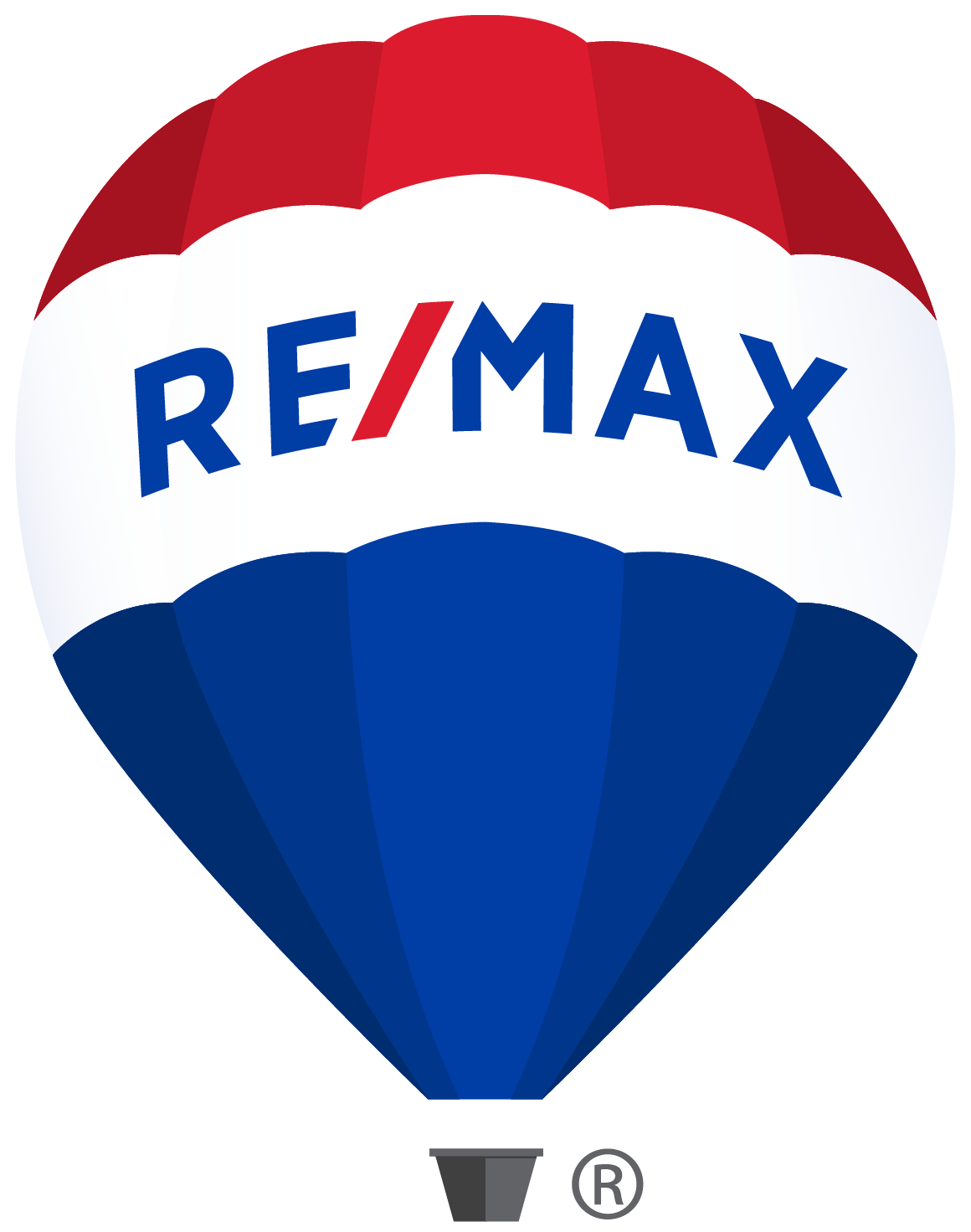As a property investor, you’re always looking for ways to increase the value of your rental property and maximise your returns. One of the most effective methods is to make strategic upgrades that not only attract potential tenants but also provide tax benefits. In this article, we will explore the advantages of certain property improvements and how depreciation can be claimed on tax for items such as carpets and kitchens.
Value-Adding Upgrades
To increase the appeal of your rental property, focus on upgrades that improve functionality, aesthetics, and energy efficiency. Some popular renovations include:
- Updating the kitchen: A modern and functional kitchen is a significant selling point for potential renters. Consider upgrading appliances, countertops, and cabinetry for a fresh and contemporary look. Energy-efficient appliances are a bonus, as they reduce utility bills for tenants and are attractive to eco-conscious renters.
- Revamping the bathroom: A clean and stylish bathroom can make a lasting impression on prospective tenants. Updating fixtures, adding storage, and incorporating water-saving features are all smart choices.
- Replacing carpets: New, high-quality carpets not only improve the appearance of your property but also provide better insulation and noise reduction. Choose a durable and stain-resistant option to ensure longevity.
- Enhancing outdoor spaces: A well-maintained outdoor area can significantly increase the appeal of your rental property. Consider adding a deck, patio, or landscaping to create an inviting space for tenants.
Tax Benefits and Depreciation
Investment property upgrades not only add value to your property but can also provide tax benefits. The ATO allows property investors to claim depreciation on certain assets, such as carpets and kitchens, as tax deductions. This means that the cost of these upgrades can be claimed over a specified period, reducing your taxable income.
For instance, carpets and floating floors typically have a depreciation rate of 25% per year, while kitchen renovations can be depreciated over several years at varying rates, depending on the individual components. It’s crucial to consult with a tax professional or quantity surveyor to obtain a comprehensive depreciation schedule and maximise your tax deductions.
By investing in value-adding upgrades for your rental property, you’ll attract quality tenants and maximise your returns. Additionally, these improvements can offer significant tax benefits through depreciation claims. Consult with a tax professional to ensure you’re capitalising on all available deductions, and watch your property investment thrive.

